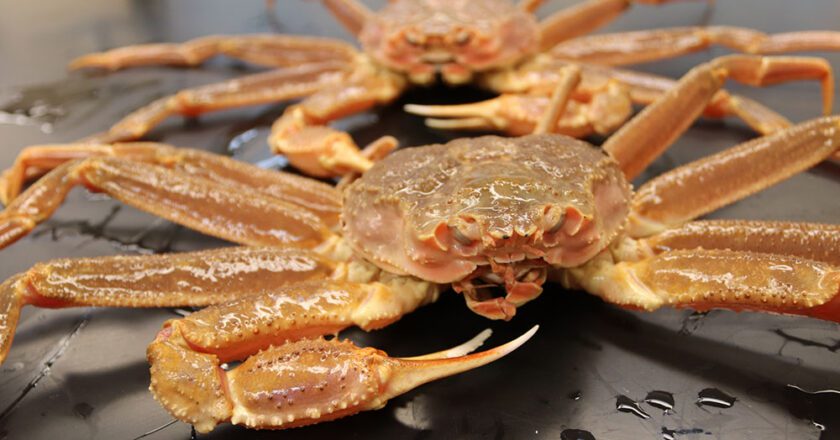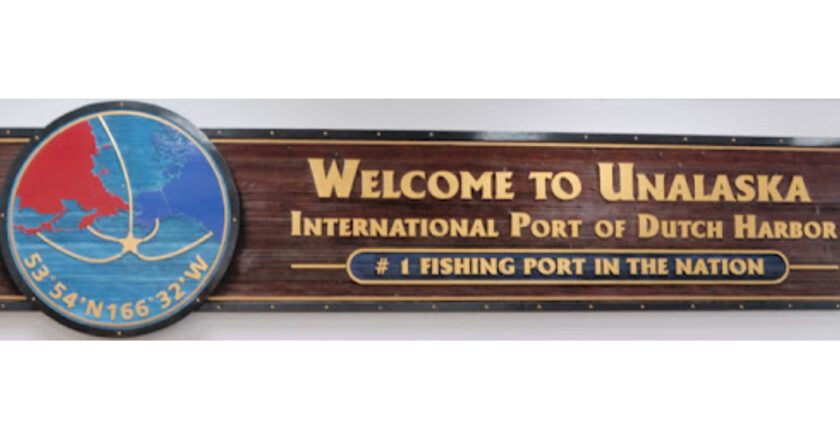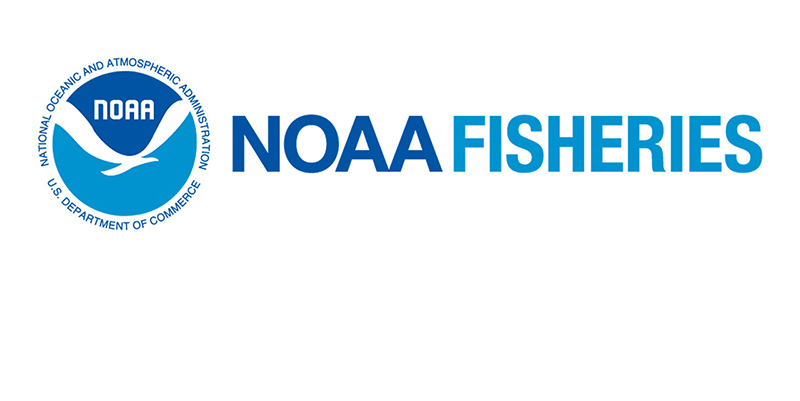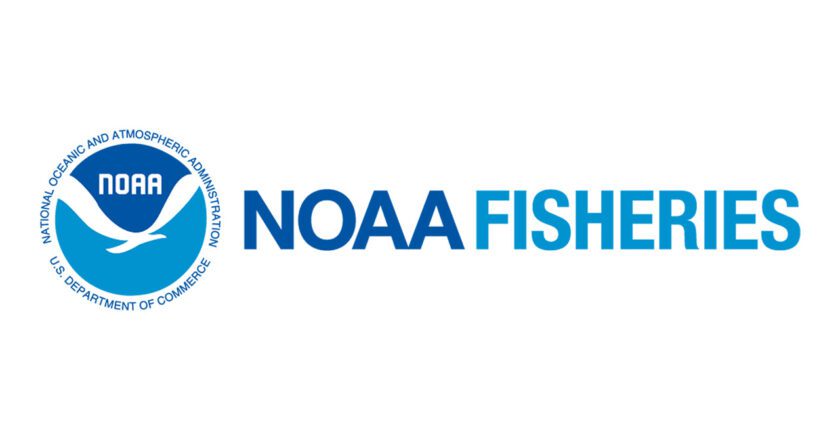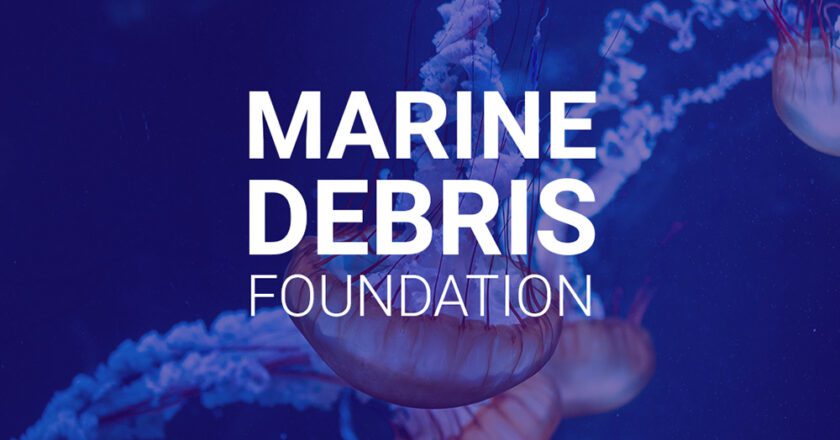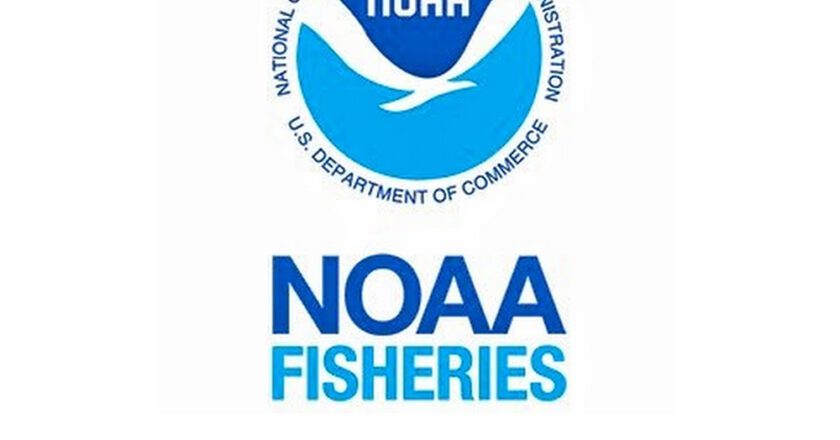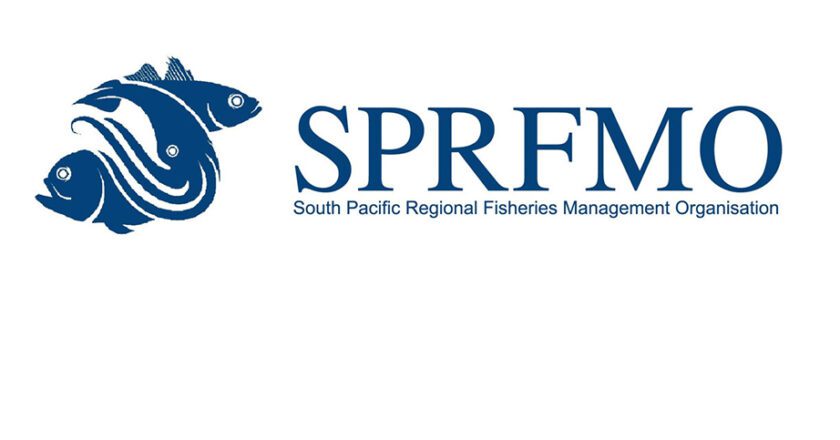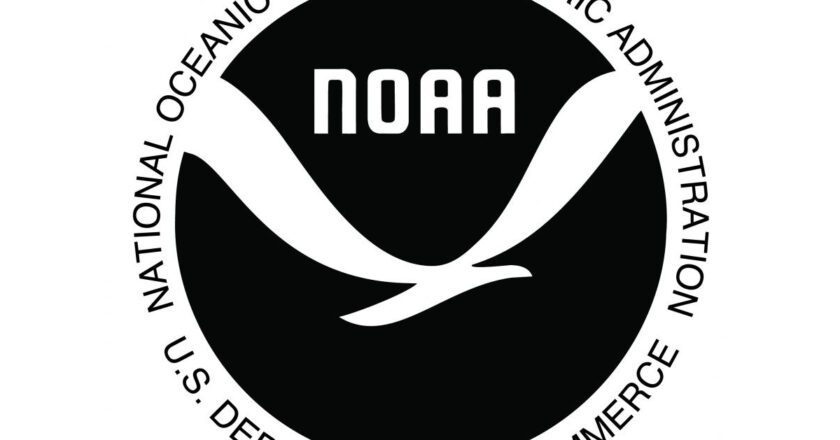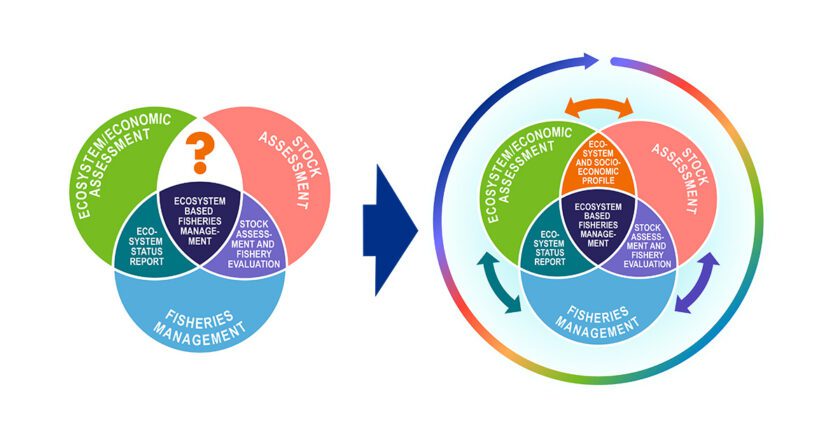Study: Alaska Snow Crab Collapse Attributed to Starvation
Federal fisheries researchers studying the dramatic crash of snow crab in the Bering Sea from 2018 to 2021 have determined that caloric requirements of the crab quadrupled when sea temperatures rose and the crab ultimately starved to death.
Snow crabs will eat almost anything they can catch and break open with their claws, a diet that may include fish, shrimp, crabs, worms, clams, brittle starts, snails, algae and sponges, as well as anything dead they find.
In 2018, there were more snow crab in the Bering Sea than ever seen before, Cody Szuwalski, a fisheries biologist with the National Oceanic and Atmospheric Administration’s Alaska Fisheries Science Center, said.
So the decline of roughly 10 billion crab from 2018 to 2021 was a precipitous unexpected collapse, he said in a ...

